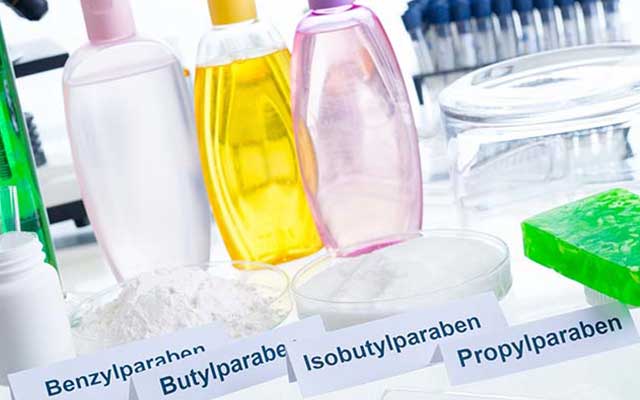It is a normal human desire to have a perfect appearance. Women and men have been using cosmetic products for a long time. A number of shops including grocery stores and those in the local malls keep cosmetic products. There are cosmetic products for almost all skin types. For your skin, hair, teeth and so on, you will find powders, shampoos, moisturizers, lipsticks and many more products.
There have been a lot of discussions for the last few years on cancer risks from cosmetic products. It has been found in many studies that there are risks of cancer from different cosmetic products. You can know more about this from a cancer specialist.
Here we will discuss some cosmetics and the toxins in them, which also sometimes act as carcinogenic agents.
Common Toxins in Cosmetics
-
Parabens:
In spray deodorants, facial creams, hair products, toothpaste and such other products, there are chemicals called parabens those mimic human estrogen. In a study conducted on a number of women with breast cancer, it was found that 99% of them had paraben accumulation in their tumours. A breast cancer doctor treats many such patients. Parabens are also found in the tumour tissue of women who didn’t regularly use products known to contain parabens. With methyl, propyl, isobutyl or ethyl, the word ‘paraben’ is sometimes combined and so remember to read the labels of the cosmetic products.
-
Lead:
In more than 60% of popular lipsticks, the toxic heavy metal lead was found in investigations. The presence of cancer-causing ingredients was found in both local and renowned companies. During different research studies, chromium, cadmium and aluminium were some of the other metals detected. However, the fact is that many of these metals are normally present in food and the exposure from lip products is minimal in comparison.
-
Formaldehyde:
There are a host of toxic chemicals in hair colour, relaxers, straighteners, shampoos, conditioners and hair extension glue. Some of them are formaldehyde (an internationally classified carcinogen), hydroquinone (which increases sun sensitivity), phthalates (linked in several studies to reproductive problems) and toluene (banned in Europe due to the danger to developing fetuses). Many oncologists try to make common people aware of this through different social awareness programs.
-
Triclosan:
Antimicrobial chemicals such as triclosan are used in toothpaste, body wash and deodorant to prevent bacterial growth. Triclosan often acts as an endocrine disruptor and reproductive issues, thyroid malfunction and even cancer can develop on use of products containing this chemical.


